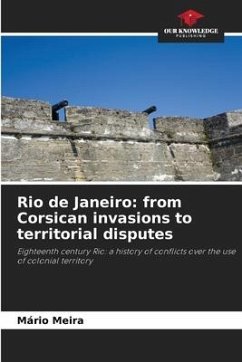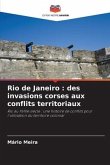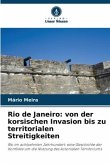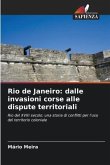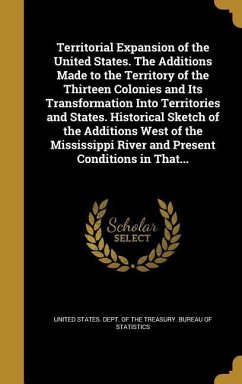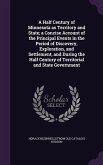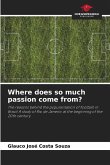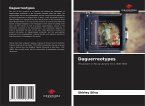The municipal councils were one of the most notable mechanisms for maintaining the vast Portuguese overseas empire. Originating from the ancient medieval councils, they brought together the interests of the colonial elites as they were composed of the colony's good men, held considerable power over the local society and had the freedom to represent their wishes or difficulties to the king of Portugal. Parallel to the power of the senate of the municipal chamber were the royal authorities: the colonial governors. This sharing of power in the colony often led to conflicts between the municipal council and the governors. This situation was aggravated by the French Corsican incursions of 1710 and 1711, which demonstrated the fragility of the Portuguese Empire, which, unable to contain its enemies in the vast ocean, depended on the human resources of its colonies. However all this war effort, enclosing Rio de Janeiro between walls and fortifications, at the expense of the colonial economy, placed the king's officials and the members of the senate in opposing camps, resulting in inevitable conflicts over the use and possession of Rio de Janeiro's urban territory in the 18th century.
Bitte wählen Sie Ihr Anliegen aus.
Rechnungen
Retourenschein anfordern
Bestellstatus
Storno

